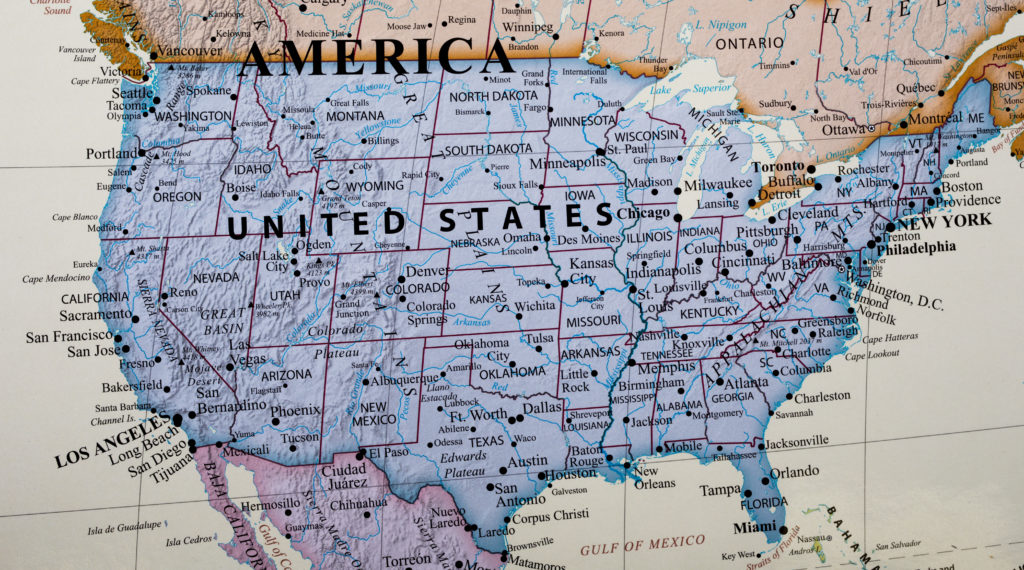
As states assess ways to improve the occupational licensure policy process, the use of “sunrise reviews” has garnered renewed interest. A sunrise review is a specific, data-informed analysis completed before proposed regulations are considered by a state legislature. The result is better information about the proposed benefits, and potential drawbacks, of the considered regulation. For occupational licensing policy, this review allows states to consider the economic and public safety effects that licensure affords. The Council of State Governments (CSG) has identified 14 states that maintain a process for occupational licensure sunrise reviews: Arizona, Colorado, Florida, Georgia, Hawaii, Idaho, Maine, Minnesota, Nebraska, Ohio, Vermont, Virginia, Washington and West Virginia.
Sunrise review processes vary from state-to-state, according to types of occupations included, standards for licensure, requesting entities, application contents, report authors, report contents and process timeline. This policy brief examines and compares these policies to inform states considering implementation of sunrise processes.
Occupation Type
- Eleven states have sunrise processes that are inclusive of any occupation proposed for licensure (with Arizona alone having separate processes for health and non-health occupations).
- Nebraska, Virginia and Washington utilize such processes for only health occupations.
Standards for Licensure
- Eight states specify their standards for licensure in the sunrise statute while five states do not -standards usually include some criteria for maintaining the public’s health, safety and welfare.
- Ohio and Minnesota note how the regulation will increase economic opportunities and promote competition.
Requesting Entity
- Eight states specify the use of an “applicant group”, usually defined as a business, professional group, organization, individual or other interested party, to originate the process. Non-state entities typically must complete an application to be used for consideration in the sunrise review process.
- Minnesota and Florida simply list the “proponents of the bill” as the requesting entity.
- Other states originate the process when legislation is introduced or allow for a directed review from a state entity.
- Hawaii refers pertinent legislation to the state auditor.
- In Ohio, the sunrise review process is automatically enacted when any legislation proposing to change occupational regulation is introduced.
- Nebraska allows the Director of Public Health and the Chairperson of the Health and Human Services Committee to initiate a review at any time.
Application Contents
- Eleven states utilize an application process either before or in conjunction with the sunrise review.
- Nine states require a description of the occupational or professional group that has applied for regulation.
- Most states require some statement of the problem and why the proposed regulation, revision or change in scope of practice is necessary, as well as what efforts already have been made to address the problem.
- West Virginia requires a statement about the funding mechanism from which the proposed regulation will be paid.
- Idaho requires the application include a draft of the proposed legislation.
Report Contents
- A core function of sunrise review processes is an analysis of the proposed regulatory change.
- Reports usually include analyses of:
- relevant resources,
- costs and benefits,
- potential threats or harm to the public,
- other means by which the public might be protected, and
- previous efforts to address the issue.
- If applicable, content from sunrise applications may be used in the review.
Report Author
- Common committees or offices that create these reports are specific to occupational licensure. For example:
- the Occupational Regulation Review Council in Georgia,
- the Office of Professional Regulation in Vermont, and
- the research division of the Legislative Auditor in West Virginia.
- Three states require the applicant groups also to complete the report while most others employ the use of a research committee or state office for that task.
- Arizona, Colorado and Florida simply assign “the appropriate legislative committee” or “the state agency proposed to have jurisdiction over the regulation” to complete the report.
- Ohio and Hawaii assign the report to a specific person or position (e.g. the State Auditor and the Director of the legislative services committee, respectively).
Report Reviewer
- The reports are submitted to just the legislature in four states, while others employ varying review processes.
- In Virginia, reports are submitted to the Board of Health.
- In Colorado, reports are submitted to both the requesting occupational group and the General Assembly.
- In Idaho, reports are submitted to an occupational and professional licensure review committee created for the purpose of sunrise review processes.
- After reviewing these reports, the chosen state entity may make recommendations to the legislature about the proposed regulation.
Timeline for Report
- States set different timelines for reports based on the calendar year, legislative process or other factors. Four states list specific dates, while six states identify a period of time after the application is first presented by the applicant group.
- Ohio only requires the report be completed in “a timely manner.”
- Arizona has two different deadlines: November 1st for health professions and September 1st for non-health professions.
Sunrise review processes differ most in terms of smaller details like the timeline for reports or who can author reports. The broader components of the review process, such as the report contents or standards for licensure, are fairly consistent and provide a framework for states considering a sunrise review process. A summary of each state’s process may be found in the following CSG resource.
This workforce product was funded by a grant awarded by the U.S. Department of Labor’s Employment and Training Administration. The product was created by the recipient and does not necessarily reflect the official position of the U.S. Department of Labor. The Department of Labor makes no guarantees, warranties, or assurances of any kind, express or implied, with respect to such information, including any information on linked sites and including, but not limited to, accuracy of the information or its completeness, timeliness, usefulness, adequacy, continued availability, or ownership. This product is copyrighted by The Council of State Governments.

